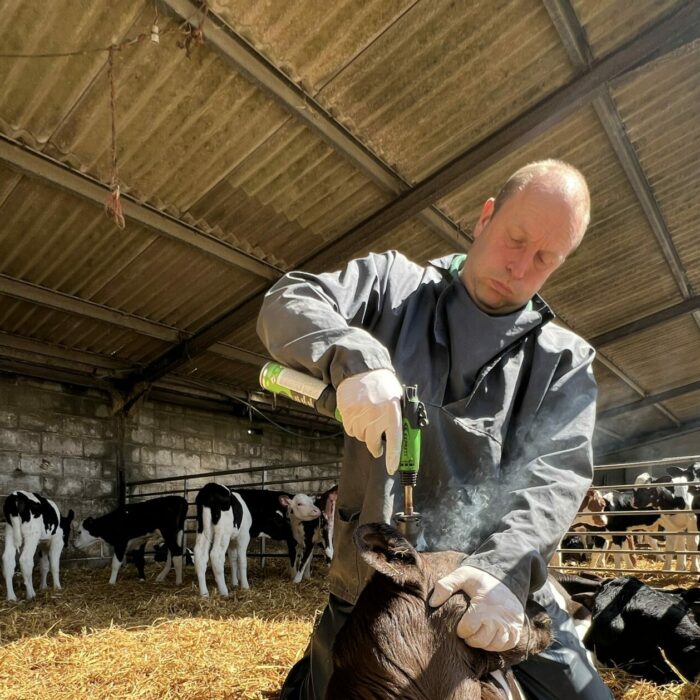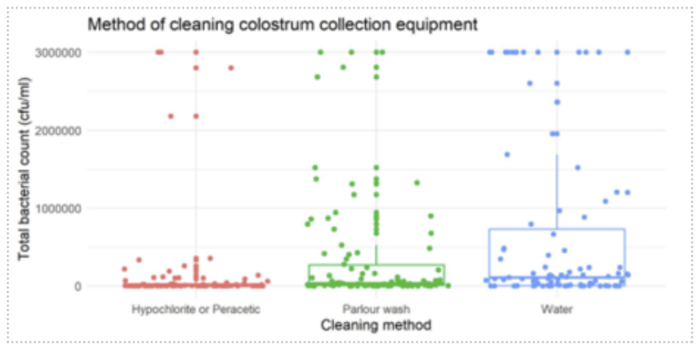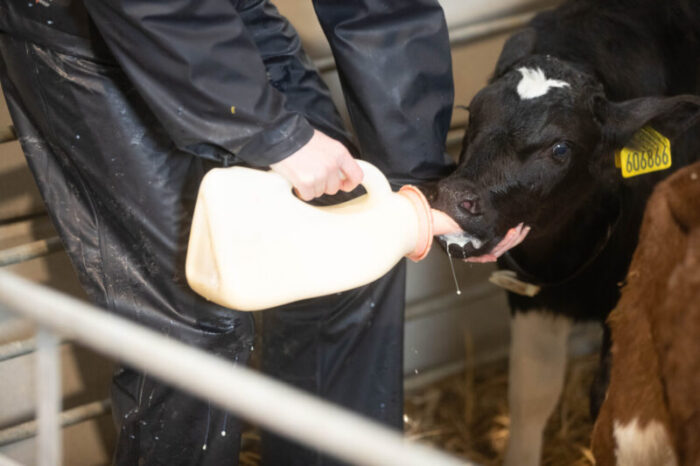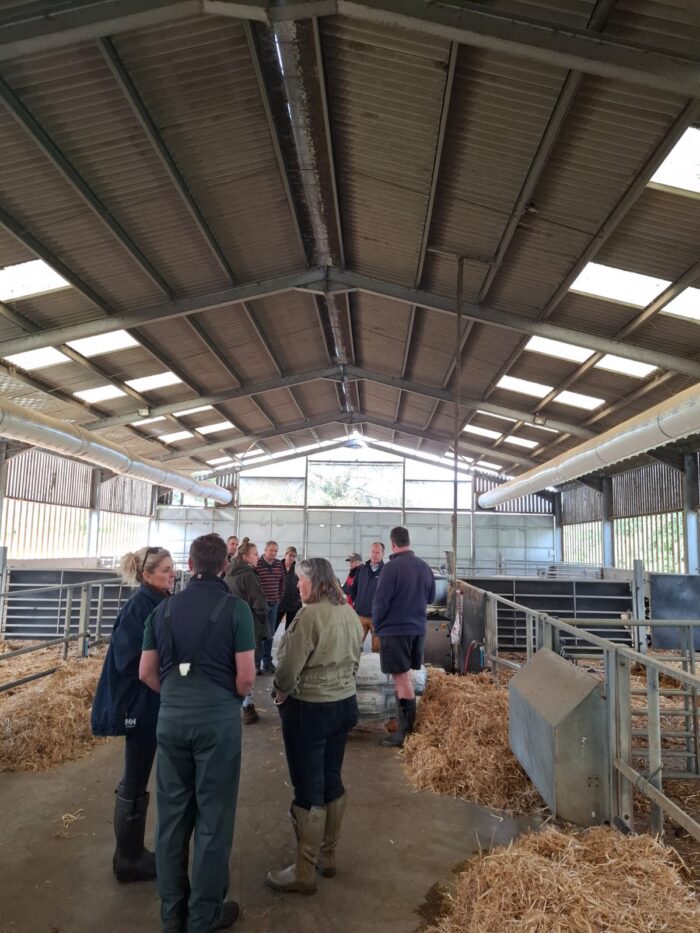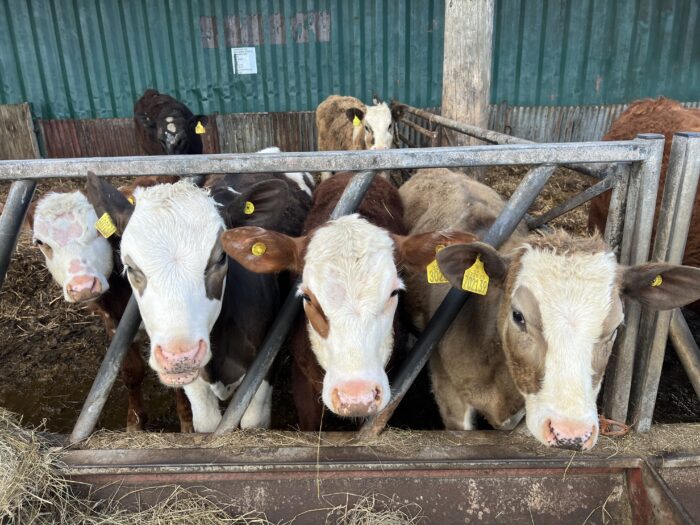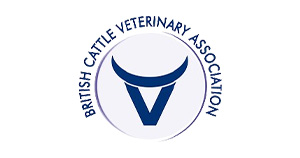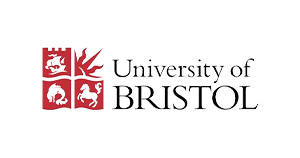Youngstock Services
Your heifers are the future of your herd. Shepton Vet’s team has the knowledge and enthusiasm within it to tackle any calf health challenges that arise. Our Youngstock Club members benefit from regular calf health monitoring, they can attend informative discussion groups to facilitate knowledge sharing that aims to drive improvements in heifer rearing.
The Youngstock Team
Our experienced youngstock vets will go the extra mile to find solutions to calf rearing challenges. Vets Anna Hewison and Rob Powell are involved in the Youngstock Club and trouble-shooting calf problems on farm.

Anna Hewison

Rob Powell
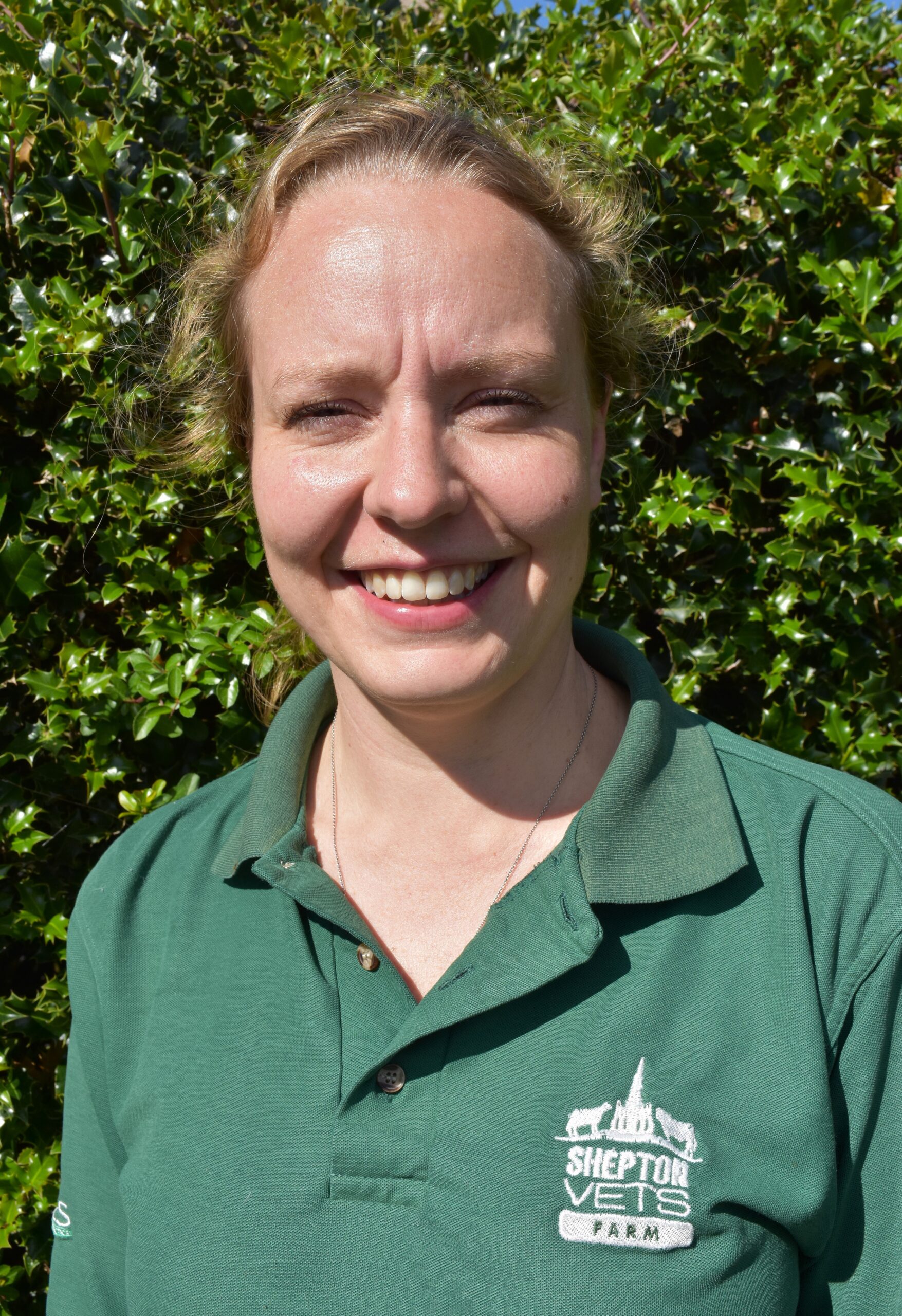
Kate Travitsky
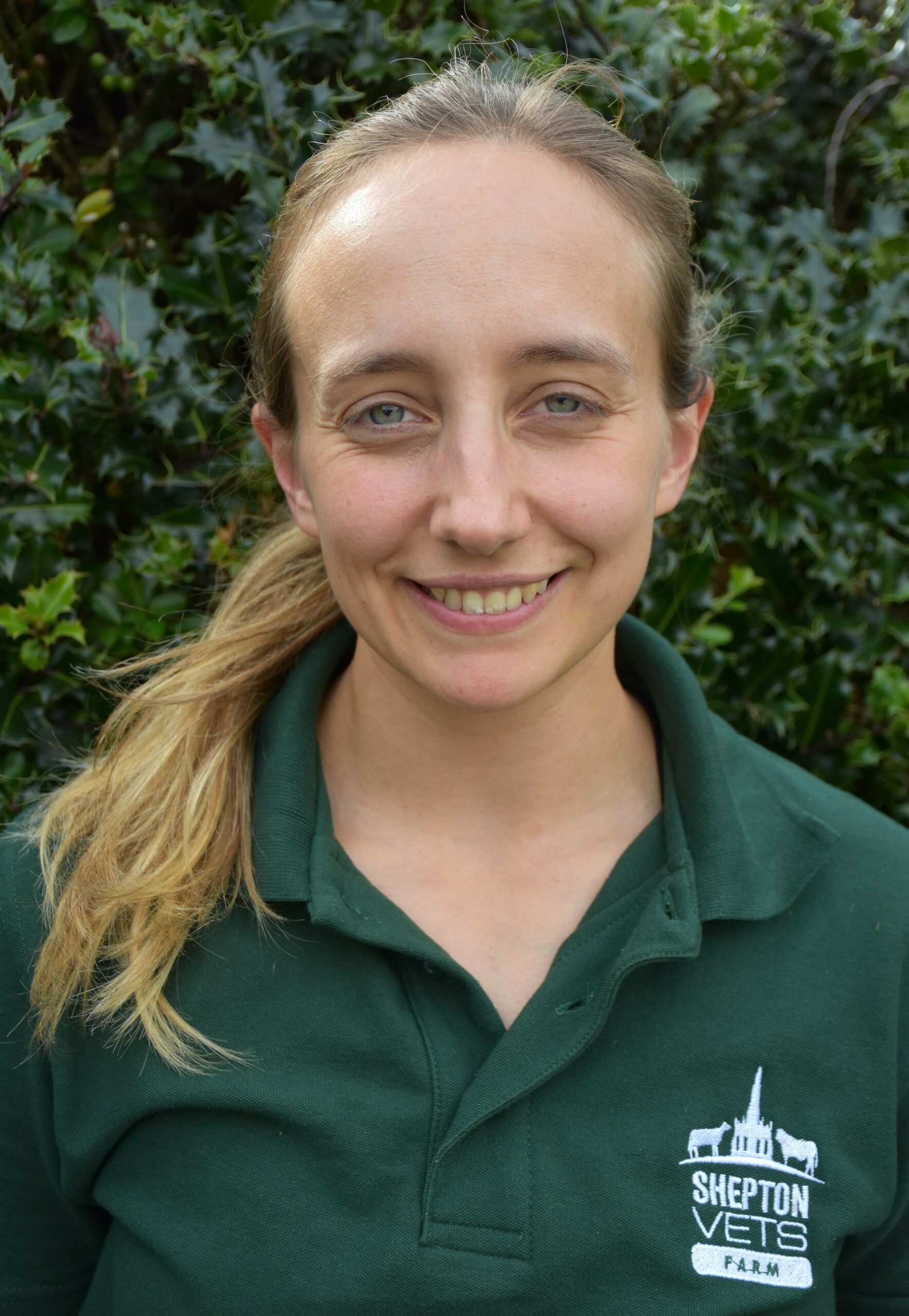
Elly Cockman
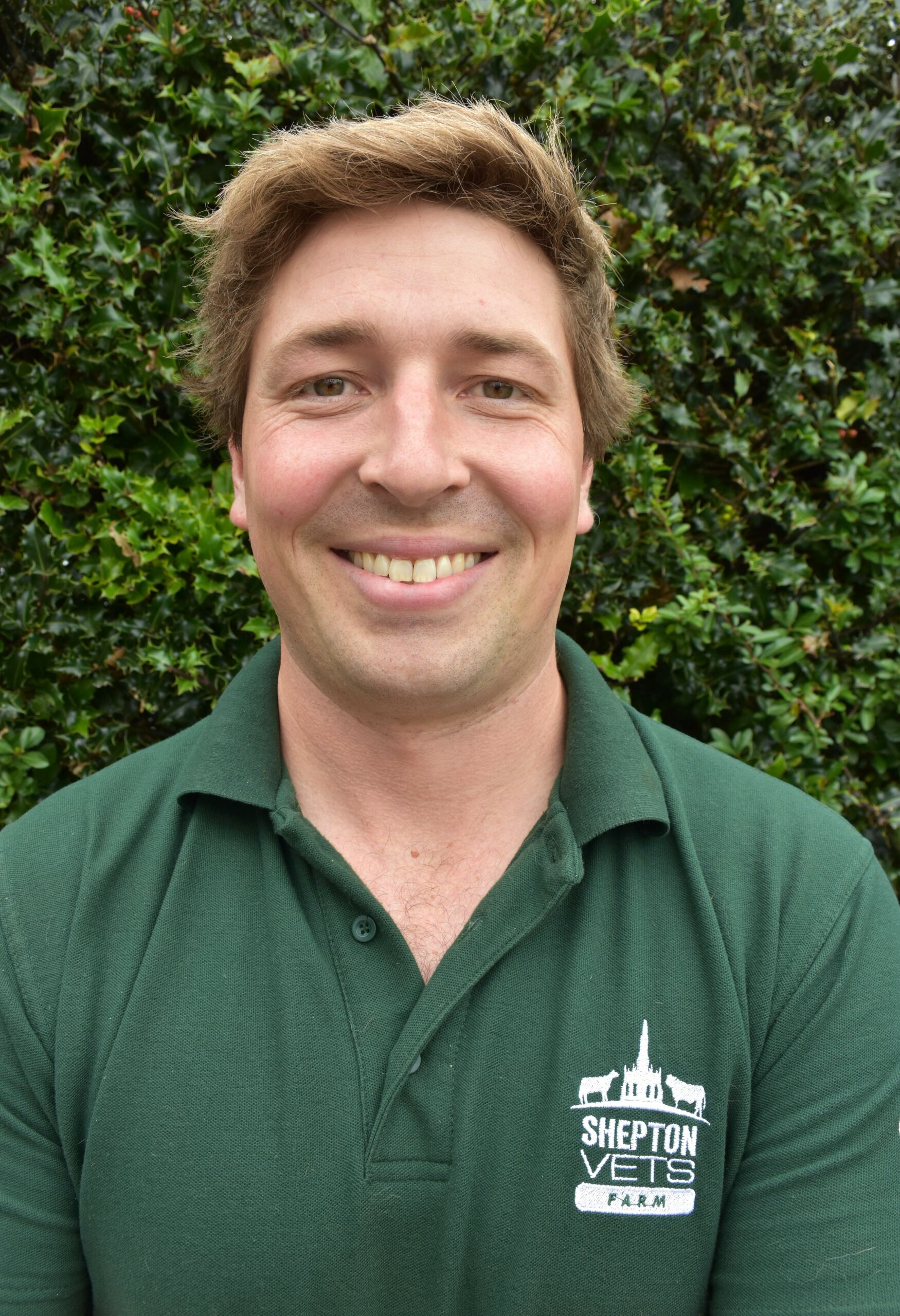
Charlie Neale
The Vet Tech Team
Our Vet Tech team can help you track daily live weight gain, collect bloods to assess total proteins, gather disease and colostrum quality data. The Vet Techs run a popular calf vaccination round, and data is gathered for our Youngstock Club members. Between them, the Vet Tech team disbuds over 3000 calves a year.
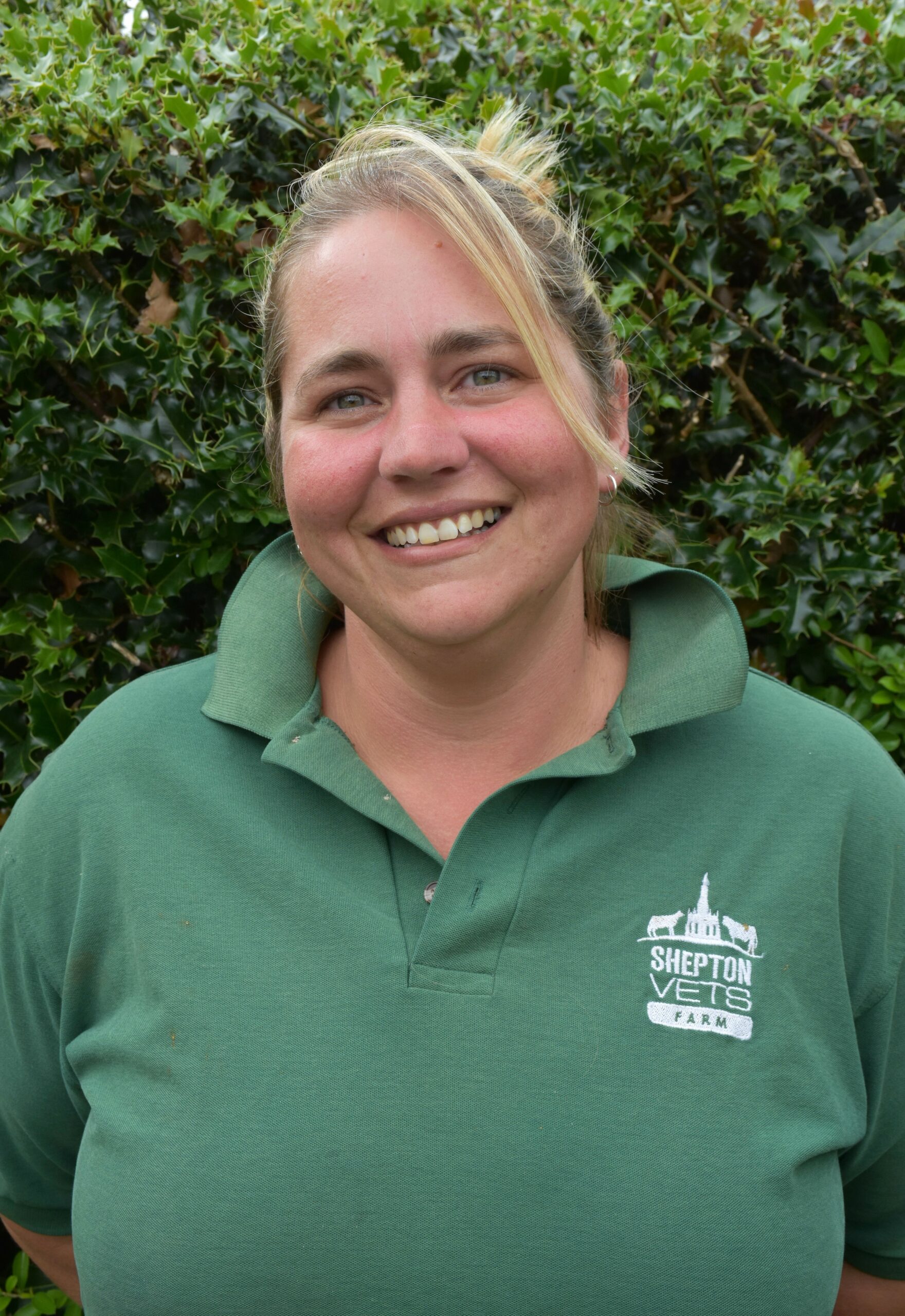
Jamie Cowling
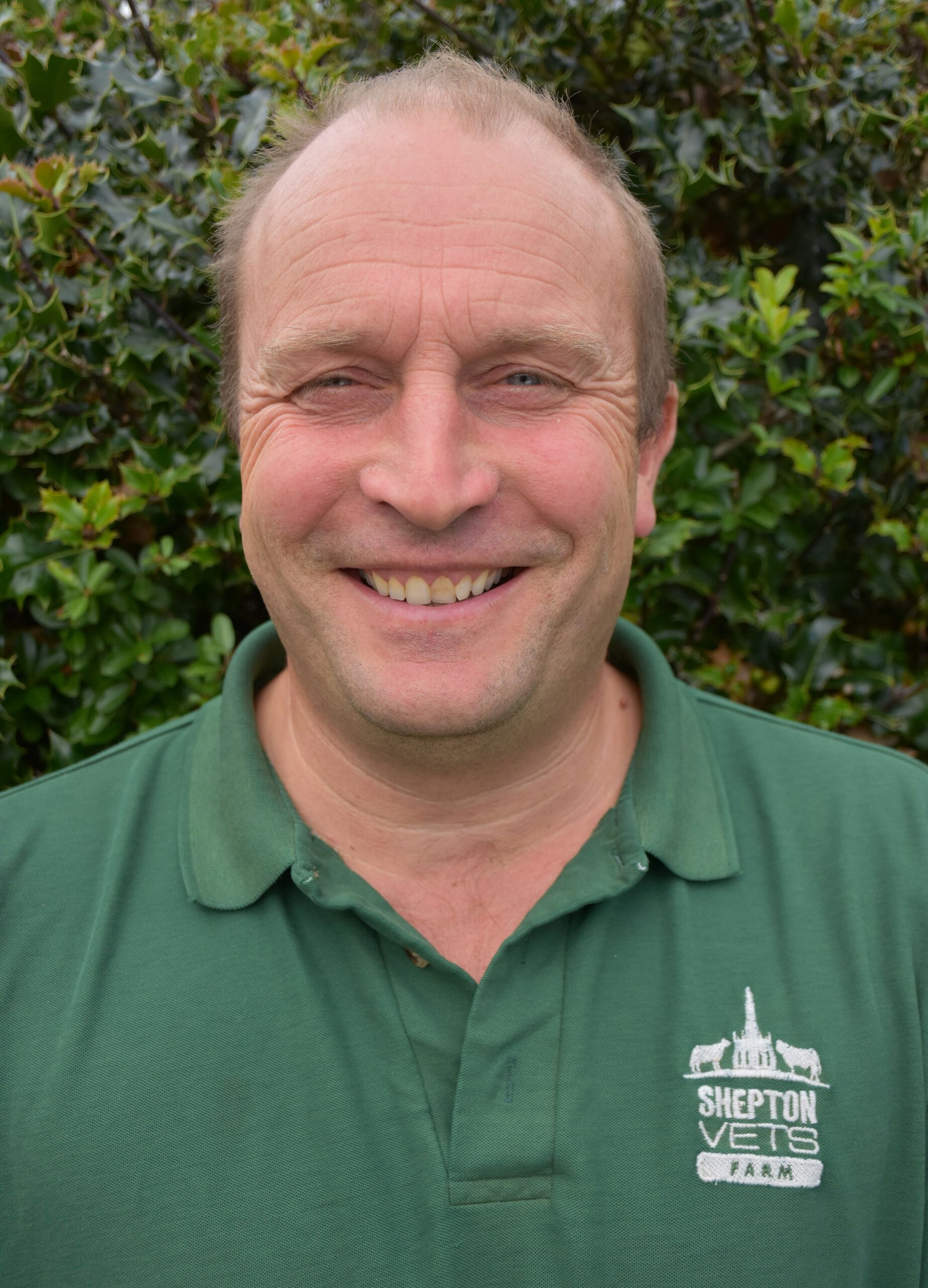
Ray Creed

Jo Dunn
We offer two levels of membership for our Youngstock Club with the most popular service being our Silver membership, this is a monthly subscription service. If you would like to know prices or find out more please call the office 01749 341 761

Silver Youngstock Club
- 6 vet tech visits per year
- Calf total proteins monitored (minimum of 20 blood samples taken per year) and associated reporting
- Calf weights taken for DLWG
- Colostrum quality data and calf disease data collected
- 1 vet visit per year – vet time will be tailored to suit farm requirements, common areas include annual total protein and DLWG data review and benchmarking, Nottingham calf health toolkit of housing and feeding, Nottingham milk replacer calculator, treatment protocol review and antibiotic use review.
- 1 colostrum or automatic feeder milk bacteriology sample (NEW)
- 2 discussion group meetings per year (NEW)
- Discounted vet tech disbudding
Gold Youngstock Club
- 12 vet tech visits per year
- Calf total proteins monitored (minimum of 20 blood samples taken per year) and associated reporting
- Calf weights taken for DLWG
- Colostrum quality data and calf disease data collected
- 3 vet visits per year – vet time will be tailored to suit farm requirements, common areas include annual total protein and DLWG data review and benchmarking, Nottingham calf health toolkit of housing and feeding, Nottingham milk replacer calculator, treatment protocol review and antibiotic use review.
- 1 colostrum or automatic feeder milk bacteriology sample (NEW)
- 2 discussion group meetings per year (NEW)
- Discounted vet tech disbudding

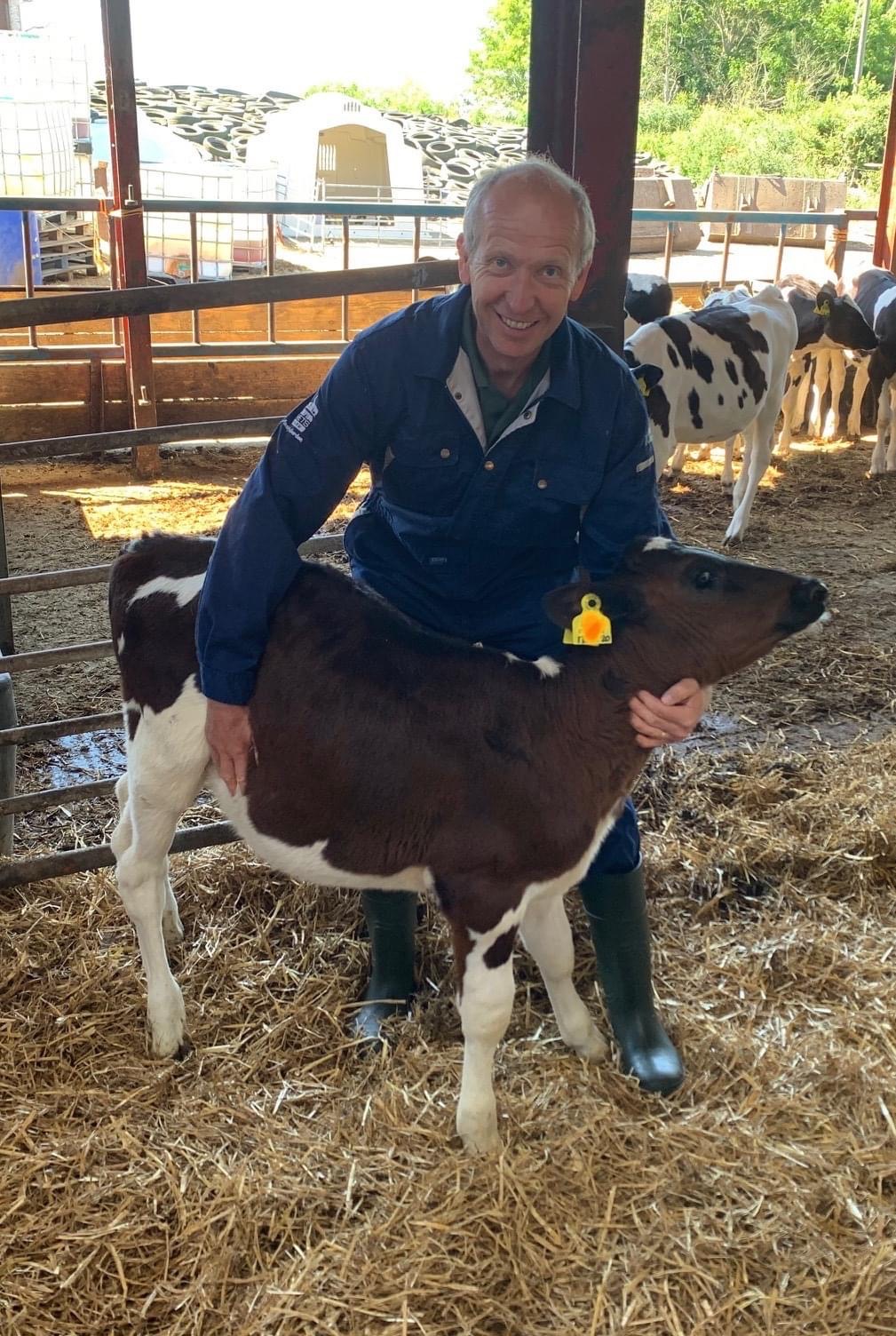
The advantages of calving in well grown heifers at 24 months have been repeatedly shown in increased milk yields and improved longevity. After feed costs heifer rearing is the second highest cost on a dairy farm. A reduction in average age at first calving from 26 to 24 months typically represents a saving of 16% of the total cost of rearing. Some key targets to achieve this are:
- Double birth weight at weaning
- Target an average daily live weight gain from birth to conception of 800g/day
- Heifers should be 50% of mature cow body weight by 12 months
- Calve down at 90% of mature body weight at 24 months
The key to all of this is getting a good start in which calves are fed well and have low levels of diarrhoea and pneumonia. Drug use in youngstock is covered in the industry RUMA targets with a target of 7.5 fewer treated/100 calves from 2020/21- 2024.
Youngstock services to suit your needs
- Calf total proteins – we blood sample calves 24hrs – 7days old, use a centrifuge to separate serum and blood cells, then use a refractometer to indirectly measure the protein content of the serum. This indicates how much colostrum was absorbed by the calf.
- Average daily liveweight gains – our vet techs will weigh calves twice and calculate the ADLWG.
- Calf feeding review – our youngstock vets can assess your calf feeding protocol and make appropriate recommendations to improve nutrition.
- Disease outbreak investigations – we can take appropriate samples e.g. scour samples, nasal swabs or blood samples to investigate any calf disease outbreaks on your farm.
- Lung scanning – by using ultrasound to assess the lungs we can detect sub-clinical cases of pneumonia and monitor treatment success.
- Vaccination planning – we can create a bespoke vaccine planner for your farm.
- Courses – we run calf rearing courses where team members can learn the essentials of youngstock care.
- Calf building assessment – ventilation measured using anemometer, lighting assessment, stocking density calculations
- We can send samples for bacteriology testing at QMMS to assess cleanliness of colostrum and feeding equipment.
- We perform in-house cocci counts and can send samples to the lab for speciation.
- In house, on farm post mortem service when needed or submission of carcasses to Langford
- Advice on calf shed design available on a consultancy basis

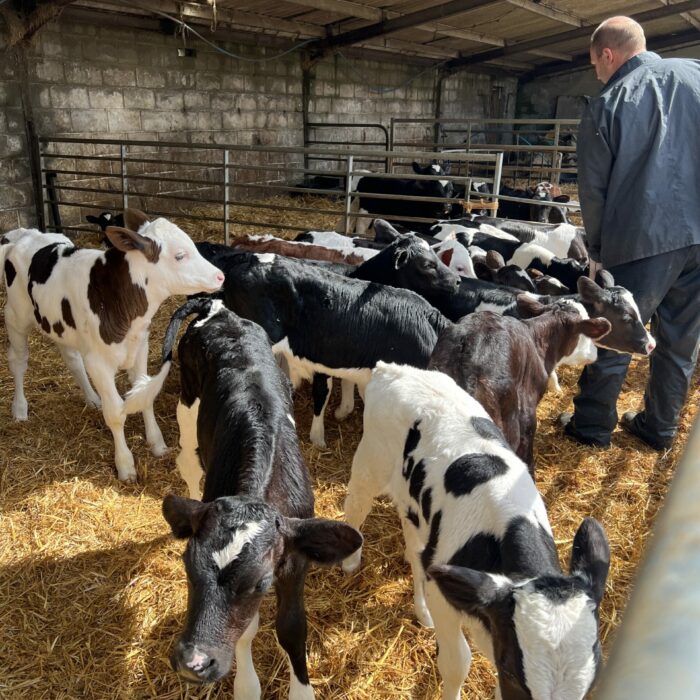
Shepton’s Vet Tech Services support youngstock health
We do this by allowing you to outsource some of the tasks that can be difficult to keep on top of such as vaccinating calves at the right time and disbudding calves in a timely, stress free manner.
Stress Free Disbudding
Our vet techs are experienced at disbudding, performing the job safely and efficiently, freeing up your time for other things.
Visits can be scheduled regularly as part of a disbudding round, keeping on top of this task. Alternatively, we can send techs to your farm to disbud batches of calves when needed.
